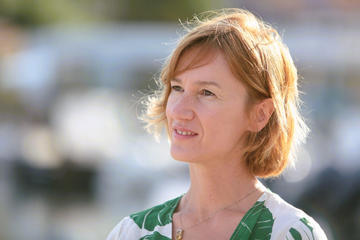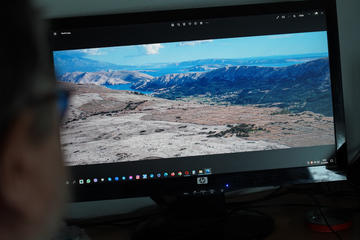
Nicole Corritore – Journalist and Press officer
From 1992 to 2000 Nicole worked in international and decentralised cooperation projects in Bosnia Herzegovina and Croatia. From 1992 to 1996 she worked on external affairs for Radio Popolare Network. She is interested in environmental and cooperation issues. She is a journalist and manages relations with the Italian and South-East European media, as well as with the press offices of local bodies and institutions, NGOs, associations, etc. She speaks fluent Serbo-Croatian and joined Osservatorio in 2001.












